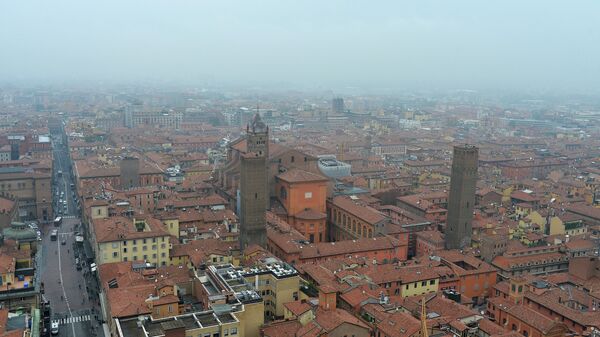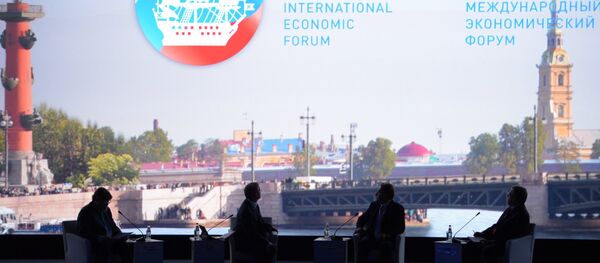ST. PETERSBURG (Sputnik) — Moscow introduced a one-year import ban on selected food products from the European Union, the United States and other countries that had imposed economic sanctions against Russia over its alleged involvement in the Ukrainian conflict in 2014.
“There are a number of small enterprises that have started to make Italian food on Russian territory,” Fallico told RIA Novosti in an interview.
Italian businesses understand that the Russian food ban is a response to Western sanctions and its cancellation is currently impossible, the president added.
The bank is trying to convince its customers of the necessity to produce directly in Russia, guided by the principle "Made with Italy," not "Made in Italy," according to Fallico.
"Like everything else [Italian business], of course, suffers. The business, which deals with food exports to Russia, is particularly affected. There is no doubt for us, that is for Italy, this means the overall 5.3-billion euro losses in all areas," Fallico told RIA Novosti in an interview.
In 2014, Moscow introduced a one-year ban on imports of a list of food products from the United States, the European Union and their allies that had earlier imposed economic sanctions against Russia over its alleged involvement in the Ukrainian conflict.
Banca Intesa is a Russian subsidiary bank of the Intesa Sanpaolo Group, one of the top banking groups in the eurozone and an Italian business leader.



